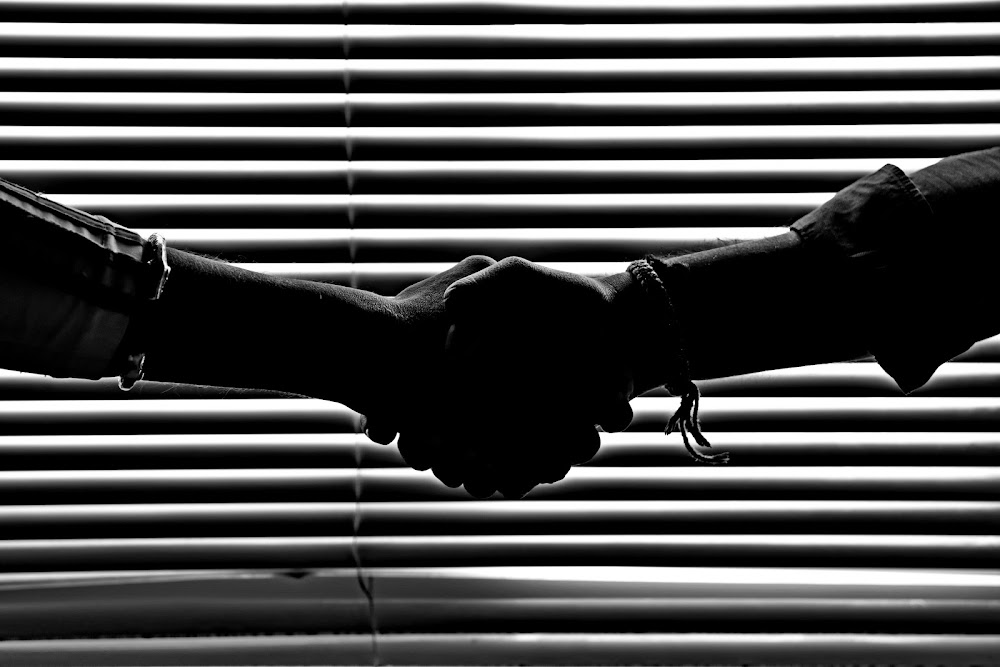The price of apathy is to be ruled by evil men.
-Plato
**
*
I recently rewatched a Korean Drama called Taxi. In particular, I rewatched the episode where one boy was being viciously and mercilessly bullied. I love the episode because the revenge is satisfying, and I wish that those who have been or are being bullied, would have their day. The world of fiction is bittersweet.
Anyway, it reminded me of my school life, specifically how I experienced bullying when I first came to Canada, and then witnessing other kids being bullied and mocked throughout elementary school and a bit of high school too.
Firstly, let me say that I don’t understand human psychology; I took one psychology class in university and that was my last. So, I have no understanding or knowledge in matters of the brain, or sociology for that matter. Regardless, after re-watching that episode, I’m mulling over these instances of bullying, of the exercise of control that our peers lorded over the playground. And dare I say, if everyone had risen against the bully, their seeming power would have been non-existent. When teachers, administrators, or whoever holds a leadership position do nothing, these bad behaviours flourish.
And I think it’s the same wherever we find ourselves. Bullies need the consent of the crowd. Of course, some of that consent is received through coercion, threats, among other things. In relationships, it may look like a person saying, “I will not love you if” or “I will not help you unless [you go against your will].”
In my heart, I always blame the bystanders, the crowd, because if the crowd rose up and said no, then the power exercised by one person, or the small group of people would be stayed. But as a person who has also been a bystander, either suspended by fear, or under the assumption that someone “stronger” would speak up (which 11/10 such a person never materializes), I understand why people don’t stand up, even when they know something is wrong. We over-estimate someone’s power and under-estimate our own.
Briefly, in one scene of the drama, the bully stands up in front of the class and threatens to kill them if they talk to the substitute teacher (who is secretly exacting revenge on the bullied student’s behalf). And they give their consent without resisting. Now, how is one person going to overpower an entire classroom? Does that make sense?
Nevertheless, I’ve had to accept that the crowd is not your ally. You can’t put your faith or hope in them. If you’re going to stand up for what you believe in, be prepared to stand on your own. Be ready to carry your own cross; don’t expect to have anyone share your burden. Because people in the crowd also don’t want to become targets. They, too, do not want to be alienated. They do not want to be the object of bullying. They are self-preserving. They are willing to relinquish a bit of their free-will to be safe. It’s an unsatisfying position to hold at the end of the day. It’s like finding safety behind a boulder only to be crushed by it.
So, how do you put an end to bullies? I know that “they” say bullies are also victims too, but as the Bible says, a little leaven leavens the whole lump (1Cor5:6). In their desperation to escape being a victim, many become perpetrators. And if their bullying goes unchecked, it'll be challenging to stop it.
Perhaps once those in power are willing to boldly enforce the rules, it won’t be in the hands of the victim to resist their bully and enforce the appropriate rules of engagement. Perhaps.









